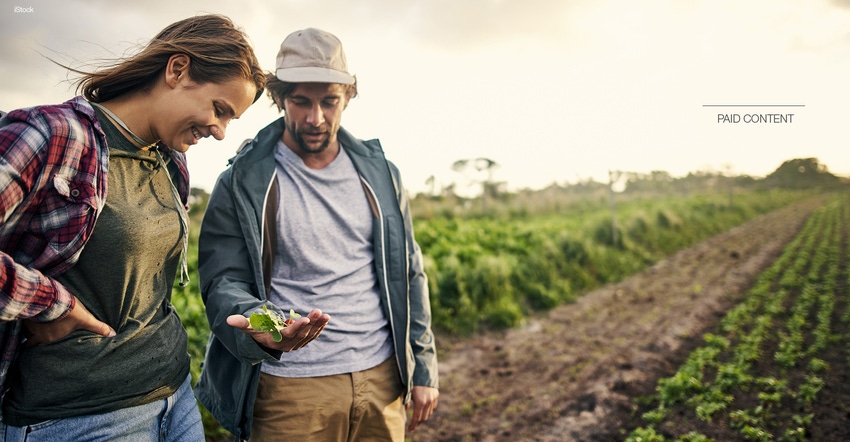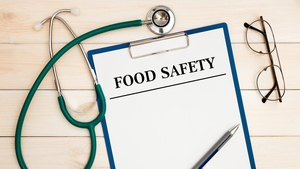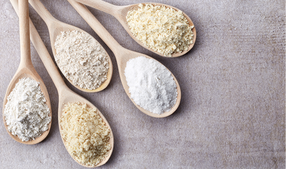Download this guide to learn about how sustainable practices are necessary and good for business and how food brands can drive impact for organic and regenerative production.
December 10, 2020

Sponsored Content
Even before the pandemic in 2020 turned the world upside down, sustainability in the food industry was amassing major momentum. Over the past several years, consumers, speaking through their wallets, have made it abundantly clear that they want to consume foods produced organically, regeneratively and otherwise sustainably. As proof, the organic food market’s growth continued to outpace that of conventional food in 2019, according to the Organic Trade Association, notching a record-setting $5.1 billion in sales.
Covid-19 has influenced supply chains, a confluence of conditions have underscored the importance of nutritious and sustainably produced foods. Coupled with global climate change and shifting agricultural production, there is even more urgency around transforming our food system from top to bottom—not only to minimize its negative effects on our fragile environment but to actually help regenerate—and for human health.
Download this Product Development Guide to learn more about why organic and regenerative practices are not only a health and environmental necessity, but also good business sense.

You May Also Like




